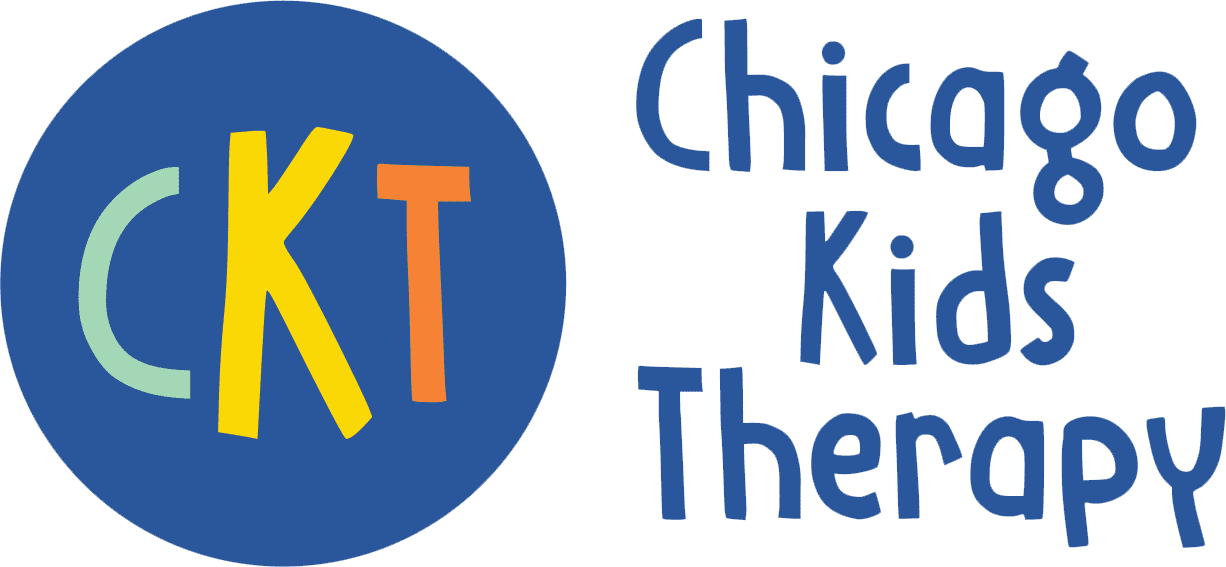Physical therapists (PTs) receive extensive education and training to work with individuals across the lifespan from newborns to elderly adults. The specific credentials for PTs can vary depending on when they earned their degrees. Clinicians who have been practicing since before 1998 are not required to have a doctoral degree in physical therapy. However, any individual who obtained their degree after 1998 must earn their doctoral degree.
What degrees do PTs earn?
- Bachelor’s degree: PTs must have a bachelor’s of science in pre-physical therapy, health sciences, or biology. Undergraduate classes must include, but are not limited to, anatomy, physiology, biology, chemistry, physics, and statistics.
- Doctoral degree: Practicing physical therapists must have a doctorate of physical therapy from an educational program accredited by the American Physical Therapy Association. The doctoral process usually takes approximately 3 years to complete.
Does a PT need a license?
PTs must pass a national physical therapy exam to obtain licensure. Licensure is required in all states a physical therapist practices. Physical therapists may be required to complete continuing education regularly to maintain licensure.
How does a PT become specialized?
What is Specializing?
During grad school, PTs receive training across a wide range of areas for individuals across the lifespan. This training allows PTs to work in a variety of settings once they earn their professional license. Some PTs may also choose to receive additional training to specialize in a particular area of practice, such as pediatrics.
How does a physical therapist become specialized in pediatrics?
In order to become a Board-Certified Specialist in Pediatric Physical Therapy (DPT, PCS), a PT must complete a residency or fellowship in pediatrics that usually involves 2,000 hours of direct patient care.
Skills of a successful pediatric physical therapist
Pediatric PTs have a unique skill set, including a passion for working with children! Pediatric PTs must also demonstrate patience, strong attention to detail, flexibility, empathy, enthusiasm, strong interpersonal and communication skills, among other professional skills and expertise in the field.
Do you think your child could benefit from a physical therapy evaluation? Contact Chicago Kids Therapy at 773-998-8400 to learn more.
